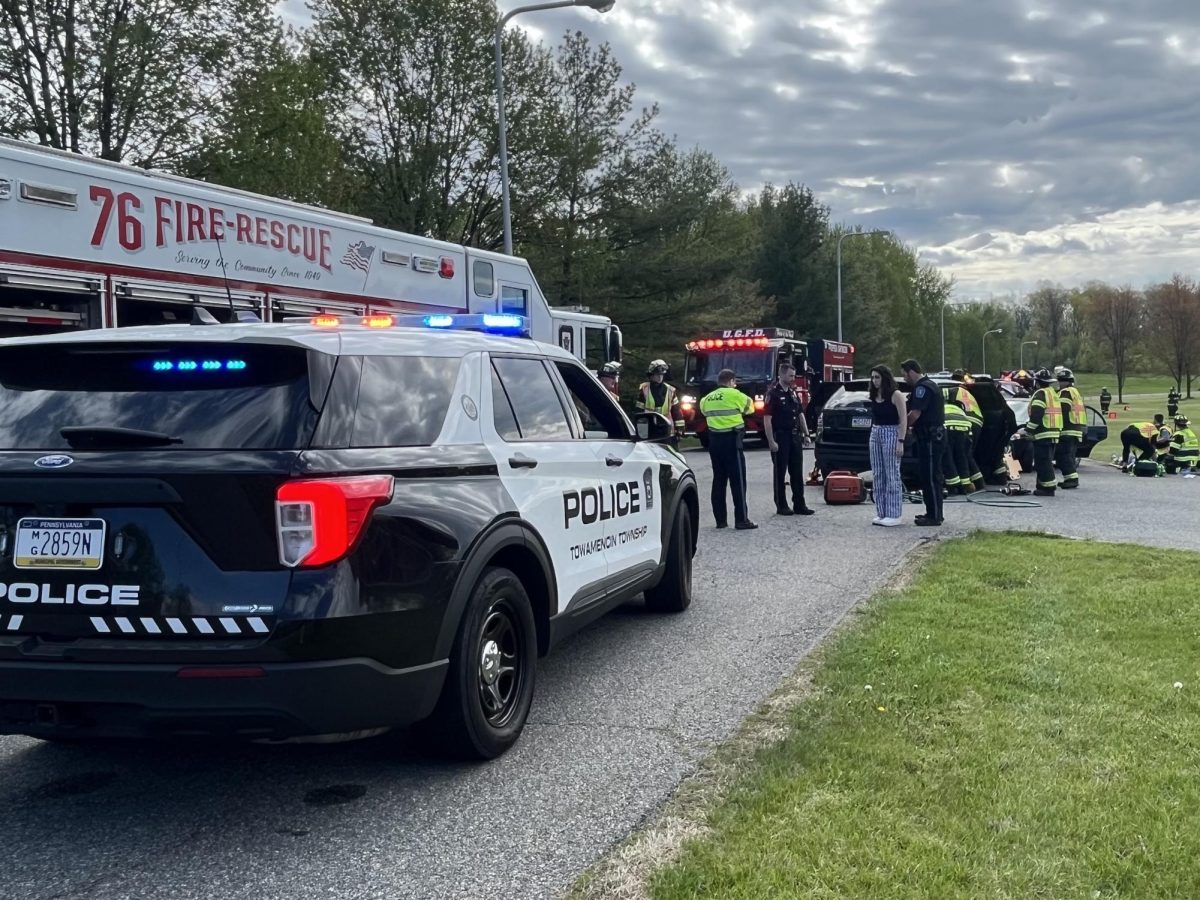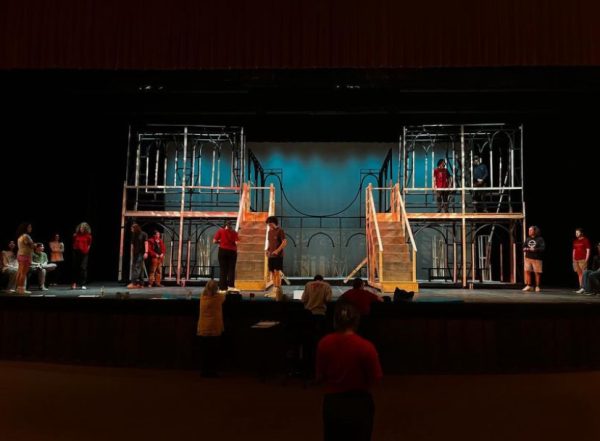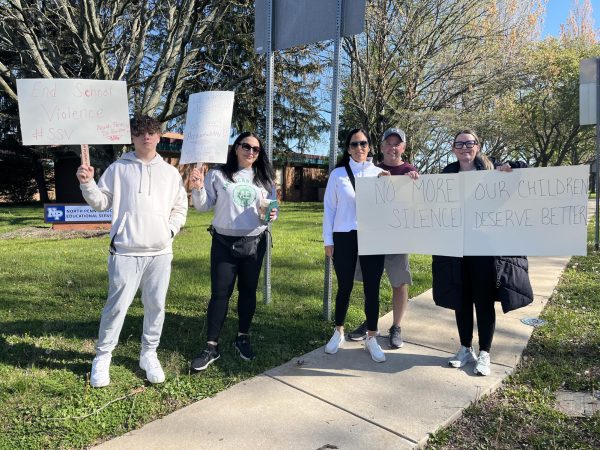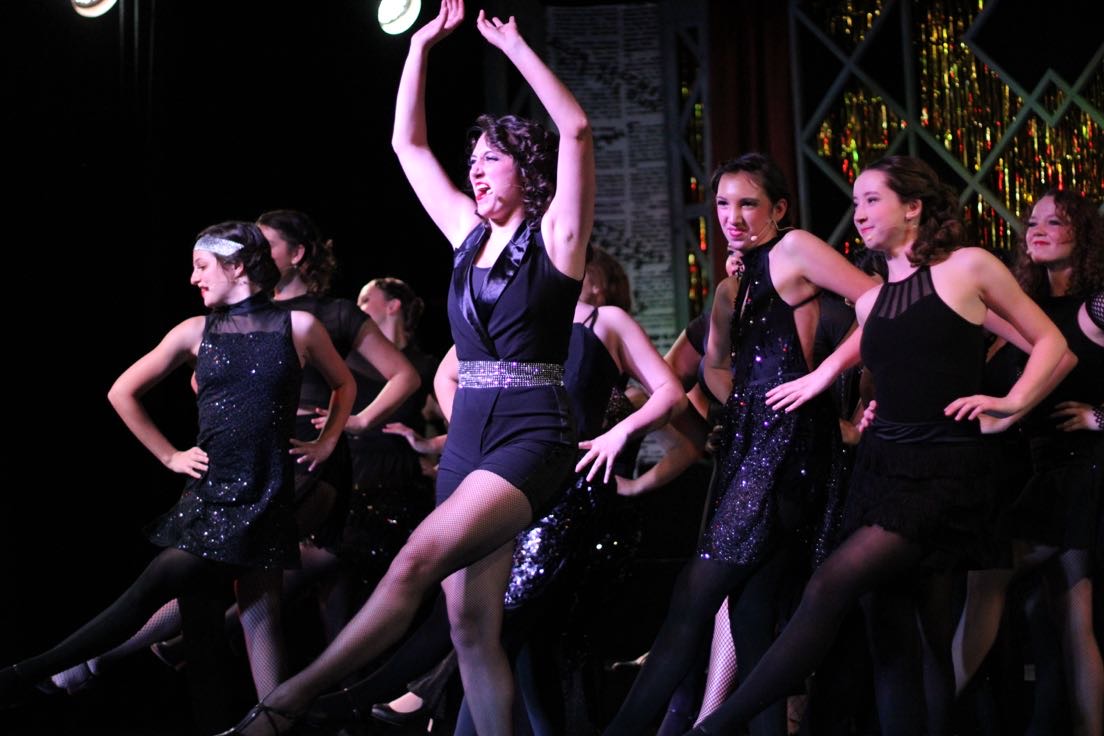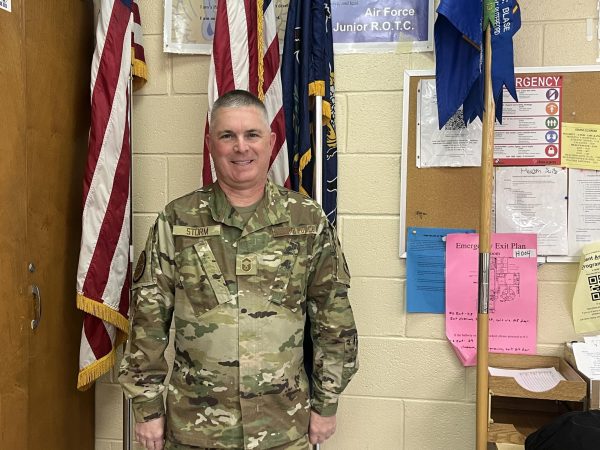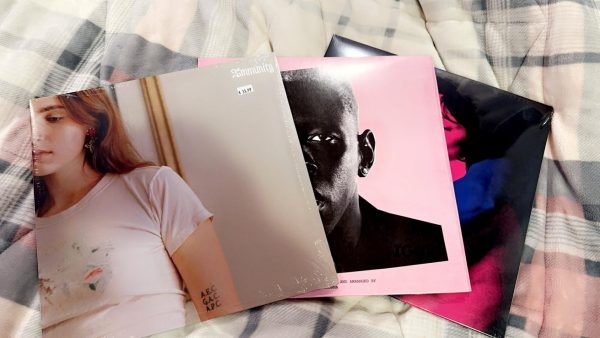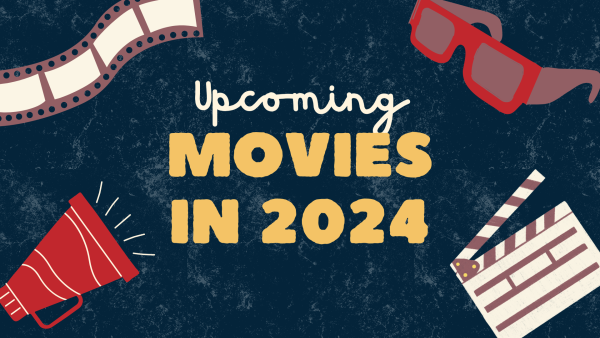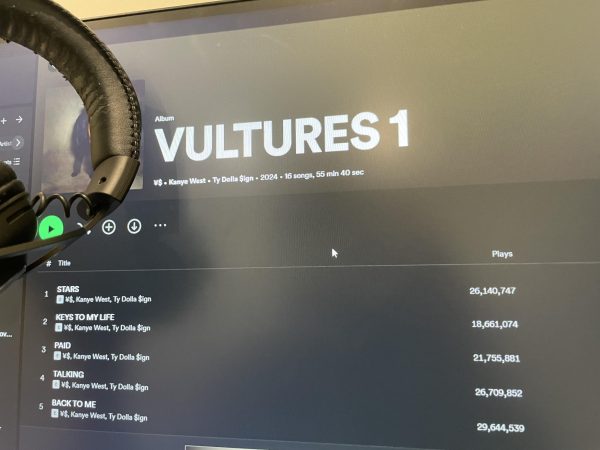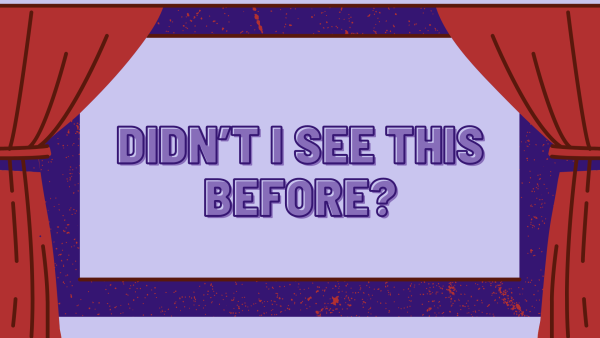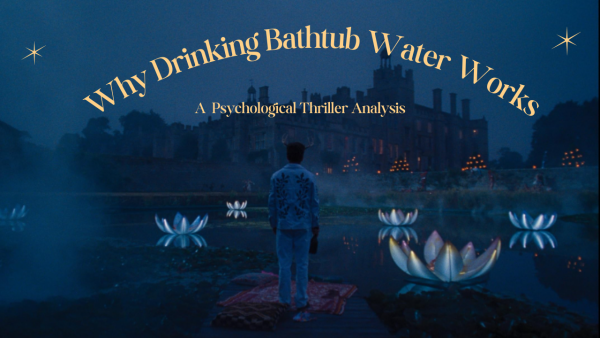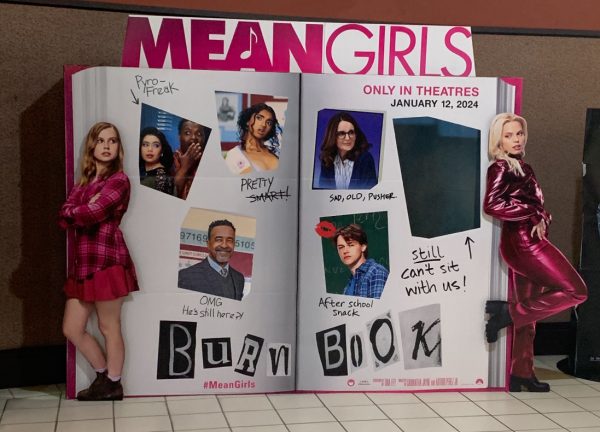Mayday Parade music speaks to young audiences

Photo Submitted by Emily Owsiany
Mayday, Mayday – Mayday Parade concerts focus on music as a way of making the audience feel good about themselves.
November 4, 2014
“Look. You gotta get through the tough times to really appreciate the good times, and I promise you, there will be plenty of good times, guys, okay?”
Fans cheered emotionally as Derek Sanders, the lead singer of Mayday Parade, took a moment between songs to speak to his fans last Friday night during his band’s sold out show at the Starland Ballroom in Sayreville, New Jersey.
After nine years together, the band is headlining The Honeymoon Tour, which also features bands Pvris, Major League, and Tonight Alive.
After excellent performances by the three openers, fans waited a painfully exciting twenty minute intermission while the crew set up the stage for the final band. Suddenly, the lights dimmed, and a roar spread across the crowd. The five band members of Mayday Parade took the stage with their 2007 hit, Jersey, and the dedicated fans did not miss a single lyric.
Despite the exciting, upbeat songs in which Sanders ordered that the crowd “Get Rowdy,” many fans were much more affected by Mayday Parade’s emotional performances of very touching songs such as Terrible Things and Miserable at Best. Speaking between these songs, Sanders truly showed his fans how much he loved and cared for them.
“Pretty much, there’s only one reason we started doing this,” Sanders began. “It was for ourselves, it was because we love playing music, creating music, and playing live. And this very easily could have been a short-lived thing, we could have toured for a couple years, put out a few albums, and then decided, you know, that was fun, and moved on with our lives.”
“But it’s been nine years now,” Sanders continued, earning several screams and cheers from passionate fans who have listened to Mayday parade from the very beginning. “A lot has changed. What I’m trying to say is that we do this for you guys now, and you guys give us a reason to keep coming back time to time. You guys are the best.”
Over the nine years full of albums, tours, and concerts, the music of Mayday Parade has become an extremely crucial part of many teenagers’ lives, and Sanders acknowledged this during the show.
“Guys, we’re always gonna be there for you, and our music is always gonna be there for you. Don’t forget that,” Sanders said to his fans, perhaps creating the most emotional moment of the night for many fans.
Teens often turn to the music of Mayday Parade and several other bands in the similar genre of rock, punk rock, and pop punk as a form of therapy, using these bands’ songs as a way to express themselves and as a “self-medication” to cope with their hardships.
Because of the therapeutic effect of the punk rock bands’ music, there was an extremely welcoming ambiance at the Mayday Parade concert, as there always is at the concerts and music festivals featuring these types of bands.
First of all, there are generally no seats at these concerts, which creates a different atmosphere than several other concerts right off the bat. All of the fans are packed together in a tight standing area, which automatically forces fans to meet and speak to each other during breaks between performances.
Hundreds of fans packed into a small space, getting “rowdy” at the demands of their idol standing on the stage–at least something is bound to go wrong at some point. However, without a doubt, both fans and the band members themselves look out for each other during the shows. If someone in the crowd is to fall, the crowd will part like the red sea in order to help the fallen back on his or her feet. If a band member just so happens to notice that someone in the crowd does not look so good, he or she will stop in the middle of the song and call out, “Hey, are you alright?”
This supportive, caring vibe is consistent among concerts and was quite tangible at the Mayday Parade show. At the Mayday Parade concert, I specifically remember a girl who could not tie her shoe because there was no room to bend down. As a result, five or six others spread out a bit around the girl to create her own little circle of space, then someone else knelt down to tie her shoe for her.
On one hand, one of the best parts of being in a “bandom,” as many fans call the fan base of Mayday Parade and other bands, is being being a part of something special, a part of this supportive group of fans that is unlike any other–fans that will literally create your own air bubble of space if you need to tie your shoe.
However, what sets aside these concerts and bands from sporting events and other forms of entertainment is the music itself.
Miss Erica Milbourne, the orchestra director at North Penn High School, works everyday with students who effectively use music as a therapeutic method.
“I think [music therapy] is wonderful. I think it’s something that people turn to, not necessarily as an escape, but more as a way of calming down,” said Milbourne. “I’ve noticed for both myself and my students that it’s a great way when you’re studying to calm down and relax a bit.”
“My experience in college briefly studying music therapy was actually based on how music therapy is used with cancer patients, and they use it to help women with childbirth. For teenagers, however, I’ve noticed how music is used as a form of self-expression. Things that they can’t say verbally, they can express through their music.”
Quite impressively, music therapy can be utilized professionally to help with physical, emotional, and psychological pain in cancer patients, women undergoing childbirth, and others. However, without a doubt, music is also a simple yet popular self-medication that many young people find extremely effective.
“I don’t know what I’d do without [Mayday Parade’s] music,” I recall one girl saying at the concert. “These guys have gotten me through the worst days ever.”
While there is certainly a point at which problems are too serious for “self-prescribed” music therapy to solve, playing a favorite Mayday Parade record–or the record of any of other favorite bands–may just be the antidote to the poison of someone’s bad day


